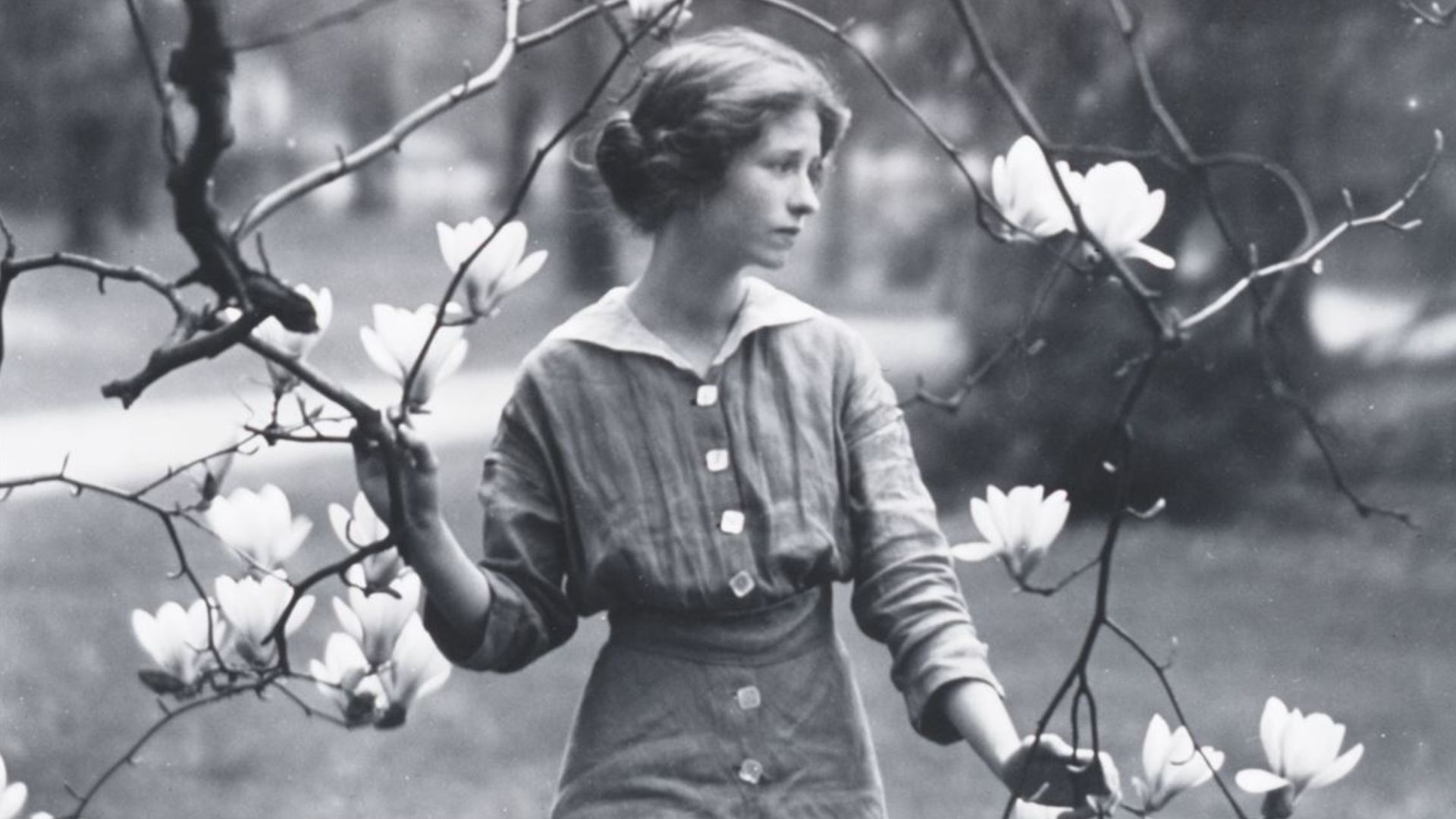What Lips My Lips Have Kissed, And Where, And Why (Sonnet Xliii) Comments
What lips my lips have kissed, and where, and why,
I have forgotten, and what arms have lain
Under my head till morning; but the rain
Is full of ghosts tonight, that tap and sigh
...
Read full text
Congratulations being chosen as The Classic Poem Of The Day
Very heart touching poem by the great North American Poetess. Powerfully worded poem
I only know that summer sang in me A little while, that in me sings no more.A very sad ending lines. Very sad and this shouting Sonnet touches my heart.5 Stars for the great Poetess!
Beautiful work of art, very heartfelt with strong emotions. It touched my heart......
Does anybody know the year this poem was written? Or in which book of poems it appears? Thank you.
Such courage to bare it all out in one anguished verse that disquiets even a century later...
.....a lovely poem with a touch of poignancy...I feel she misses the days of her youth ★
The line Thus in winter..... seems to be a syllable short (9) . It doesn't seem to affect the reading and I cannot indestand why. All the other lines have 10 syllables.
Rajesh Majumdar - the standard meter for an English sonnet is iambic pentameter, meaning 5 'feet' or metric units of 2 syllables each, accounting for 10 syllables. You'll observe that the first 8 lines flow swiftly, as if all those lovers were tumbling over one another and flowing into a gush of ecstatic memory. Right around the 9th line is where you expect a 'volta' or 'turn' from what went before, and boy does Millay deliver! She brings the poem to a screeching halt with that single syllable of 'Thus.' She most certainly could have added an extraneous syllable, but she chose not to do that, as if she deliberately chose to stop that river of lovers with the stark image of a lone tree. Clearly, then, the poem is meant to be read with a STOP after 'Thus', a rhythmic break to achieve a new, spare effect. That's mastery: learning the rules so that we can break them for effect. (This, of course, precludes consideration of the so-called 'modern sonnet', with no rhythmic (metric) or musical (rhyme) guidelines but of the poet's own device...)
Actually, the poem as written here is incorrect. The line is This in the winter stands the lonely tree, They forgot the the duh
Slight typo in Joseph's correction: It should read: " Thus in the winter stands the lonely tree, " . So, ESVM doesn't change the rhythm on this line. Colleen, below, suggests that it's very much a woman's poem. But imv the story ESVM is telling is universal and applies equally to both sexes as we age and the vitality and interactions of life subside and desert us. It resonates very strongly with me and parallels my experience very closely.
One of my absolute favorites as it recalls to mind my own many lovers of my past. A poem only a woman could write so perfectly and be so greatly understood by women everywhere. Truly one of the poets fines writes!
This is a poem I myself remember when I look back on my lovers
This poet shows great imagery in her writing....such emotions penned here. Love this piece

Beautifully worded love song.